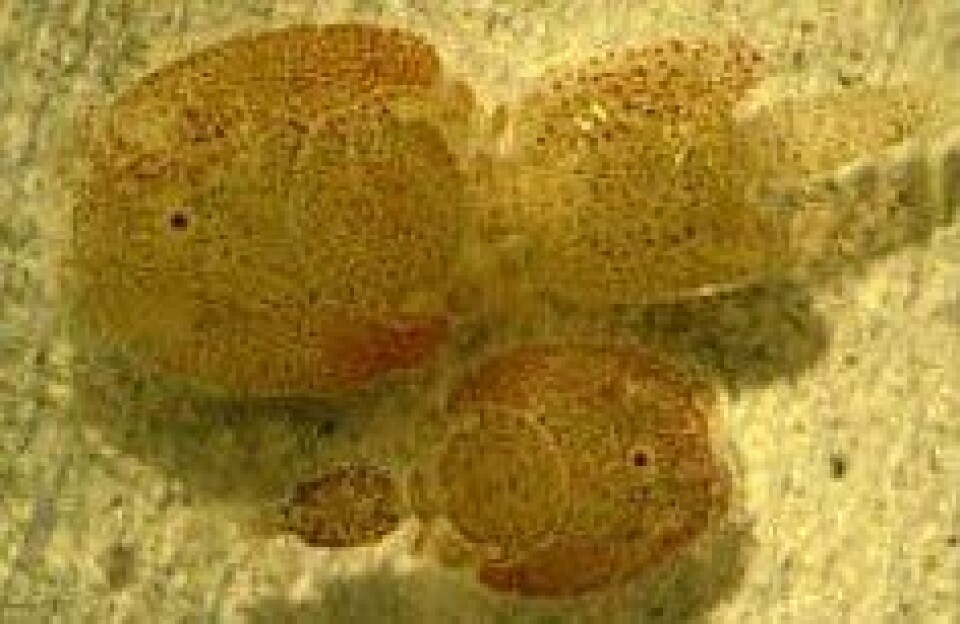
Peroxide PhD opportunity
Applications for a 3-year collaborative PhD project between the University of Stirling and Solvay Interox, looking at the efficacies of hydrogen peroxide lice treatments, are now being sought.
A joint initiative between Stirling and the well-known producer of hydrogen peroxide used in delousing baths, it aims to provide insights into molecular pathways affecting the susceptibility of salmon lice to hydrogen peroxide.
The studentship, which is only open to UK/EU students, offers an annual stipend of £14,057 per annum for three years and payment of tuition fees (current value £4052). The project is due to start in September.
Work within the project will mainly take place at the University of Stirling’s Institute of Aquaculture, but also involve experimentation at the Marine Environmental Research Laboratory (MERL), in Machrihanish. It is desirable that applicants hold a driving licence, and essential that they are comfortable with working away from home for short periods. The experimental approach will involve the analysis of laboratory maintained parasite strains showing heritable differences in hydrogen peroxide susceptibility. Genetic crosses between strains will be made and the generated families will be used in screens for single nucleotide polymorphism (SNP) showing association to the susceptibility phenotype. Parallel transcriptomic and proteomic experiments will elucidate pathways that are differentially regulated between salmon lice differing in susceptibility. An important translational aim of the project is to identify molecular markers that can be used for the fast diagnosis of hydrogen peroxide resistance in farm situations.
How to apply
To apply, send a covering letter and supporting documents to aquaculture@stir.ac.uk by 17:00 GMT on Wednesday June 15th 2016. Candidates will then be selected and interviewed w/c 20th June 2016. The PhD will start by September 2016 or as soon as possible thereafter. Applicants should have, or expect to obtain, a first class or good upper second class degree (or equivalent) in an appropriate biological, medical or veterinary science. Some experience of genetics, genomics, population genetics, molecular biology or bioinformatics will be an advantage, but is not essential.
Applicants are asked to enclose the following supporting documents with their application:
- CV/Resume
- Degree certificate
- Language test (if relevant)
- Passport
- Driving licence
- Personal statement
- Reference 1 (should be from an academic who has knowledge of your academic ability from your most recent study/programme)
- Reference 2 (should be from an academic who has knowledge of your academic ability)
- Transcript























































